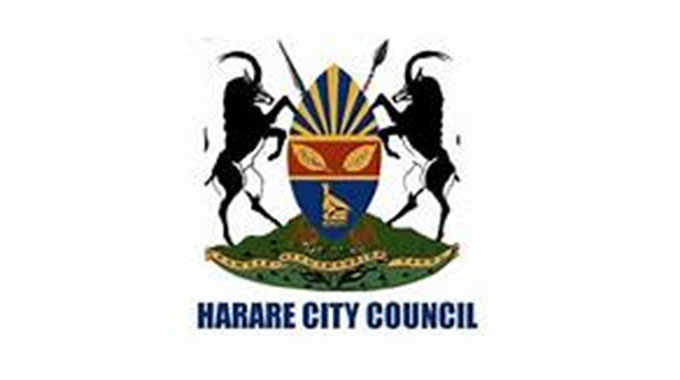Castor bean ‘a game-changer’

Ellen Chasokela recently in Chipinge
Farmers in Manicaland have been urged to grow castor bean to boost production and contribute to the country’s Gross Domestic Product (GDP) through the diverse high-value agricultural crops it produces, courtesy of its exceptional climatic conditions.
Addressing farmers at a field day hosted at Mr Gladmore Nduna’s farm in Chipinge last week, Manicaland Minister of State for Provincial Affairs Dr Ellen Gwaradzimba, in a speech read on her behalf by Chipinge District Administrator Mr William Mashava, said the castor bean crop is a wonder in that nothing goes to waste.
“At a time that Zimbabwean motorists and industry alike have been affected by the fuel crisis, the stalks can be made use of in terms of extraction of biodiesel. This will save the country million in terms of fuel importation.
“The leaves can be used in the processing of agrochemicals and fertilisers and also creating jobs and saving the country. Pharmaceuticals too can be derived from the roots of the plant, so essentially nothing goes to waste,’’ she said.
Dr Gwaradzimba hailed the initiative by Life Brand Agriculture Services (LBAS) to support farmers in Manicaland grow the foreign currency earning crop and help them back on their feet after the devastating effects of Cyclone Idai.
“For some time we have heard how the castor bean revolution has been sweeping over Zimbabwe and we are happy that it has touched down in Manicaland.
‘The hosting of this field day is ample testimony that there is a good working relationship between the farmer and the contractor. Despite the devastation of Cyclone Idai, Mr Nduna’’s crop managed to survive,’’ she said.
LBAS chief executive officer Mr Isdory Kembo said the growing of castor bean will be a game changer for the farmers as the crop has a ready global market in which demand far outstrips supply.
“Castor beans can be harvested three times a year and have a lot of economic benefits, in addition to being fairly drought resistant.
“The crop can be used to produce several by-products, which can help reduce the import bill. Zimbabwe imports related products such as castor oil, fertiliser, biodiesel, plastic and stockfeeds among others,” he said
According to LBAS, for each hectare planted, a farmer can earn an average of US$25 000 per year as they will be buying every part of the plant — seed, leaf, steam and roots.










Comments